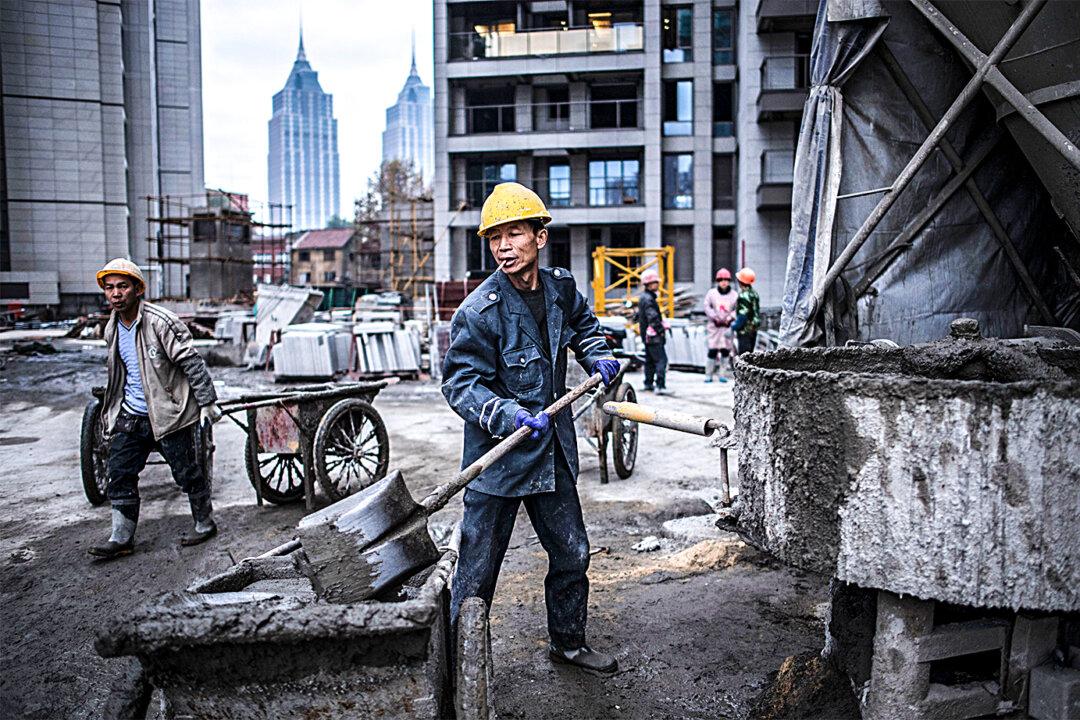The extent of the economic downturn in China is evident from the real-life experiences of people across the country. Citizens from various regions of China have shared with the Chinese language edition of The Epoch Times their personal experiences, such as layoffs, local governments getting loans from civil servants with no intention to repay it, and civil aviation companies demanding employees return bonuses paid in previous years.
All Sectors in Dire Straits
“All industries and businesses have fallen into distress, except for monopolistic sectors relying on government funding,” said Mr. Qiu, an employee of a state-owned enterprise (SOE) from north China, Shanxi Province, “even civil servants’ salaries have also been withheld.”Under normal economic conditions, Chinese civil servants’ salaries should ideally see only upward adjustments, not reductions. However, the prevalent cutting of benefits reflects the significant economic pressure China is currently under.




